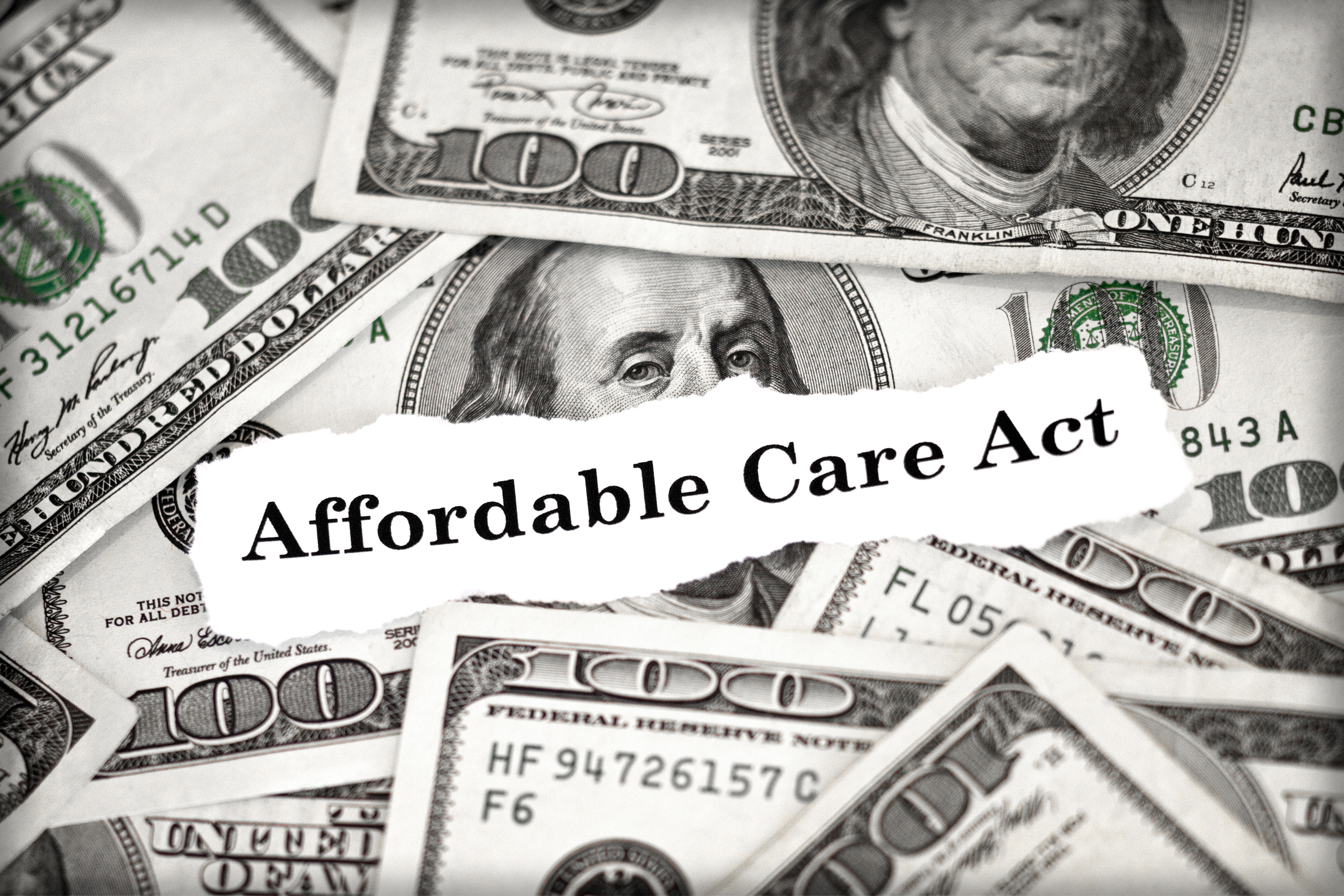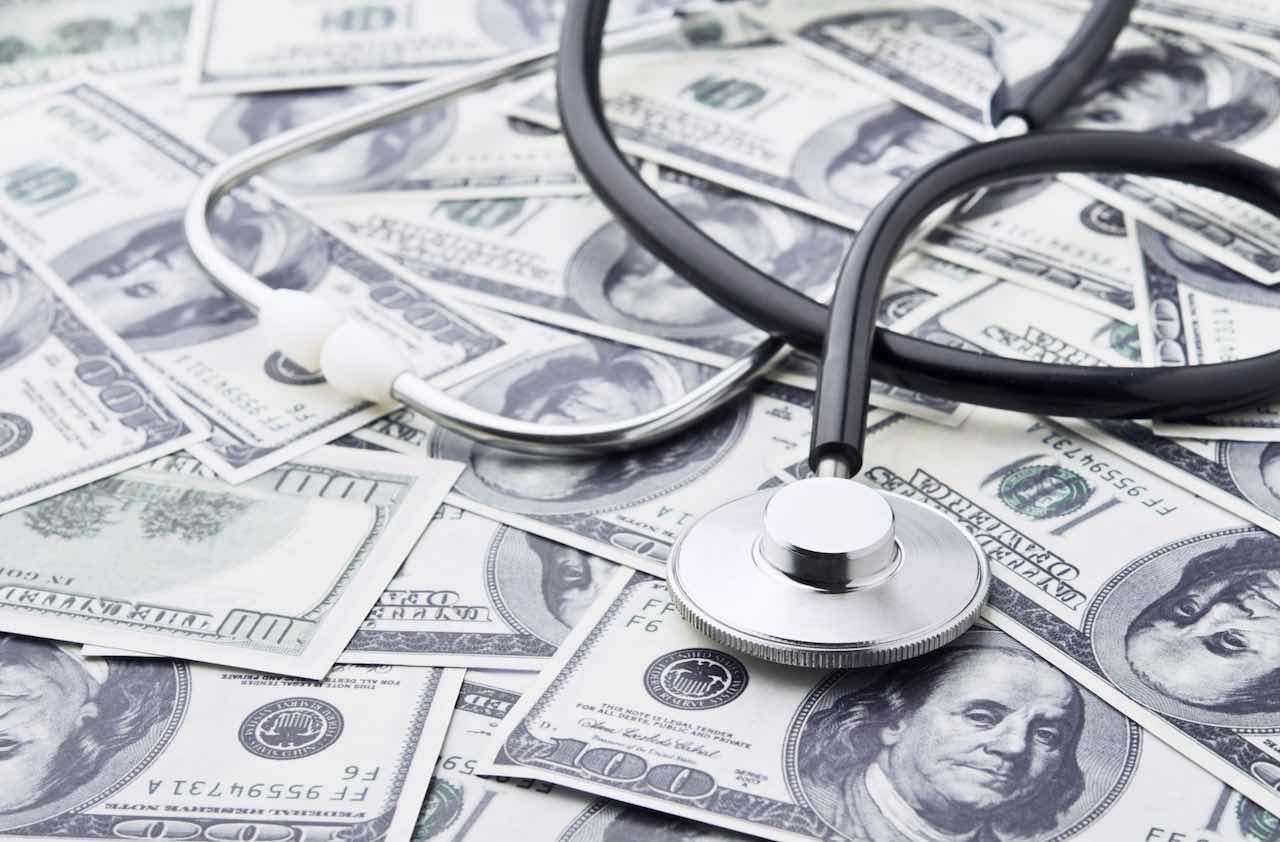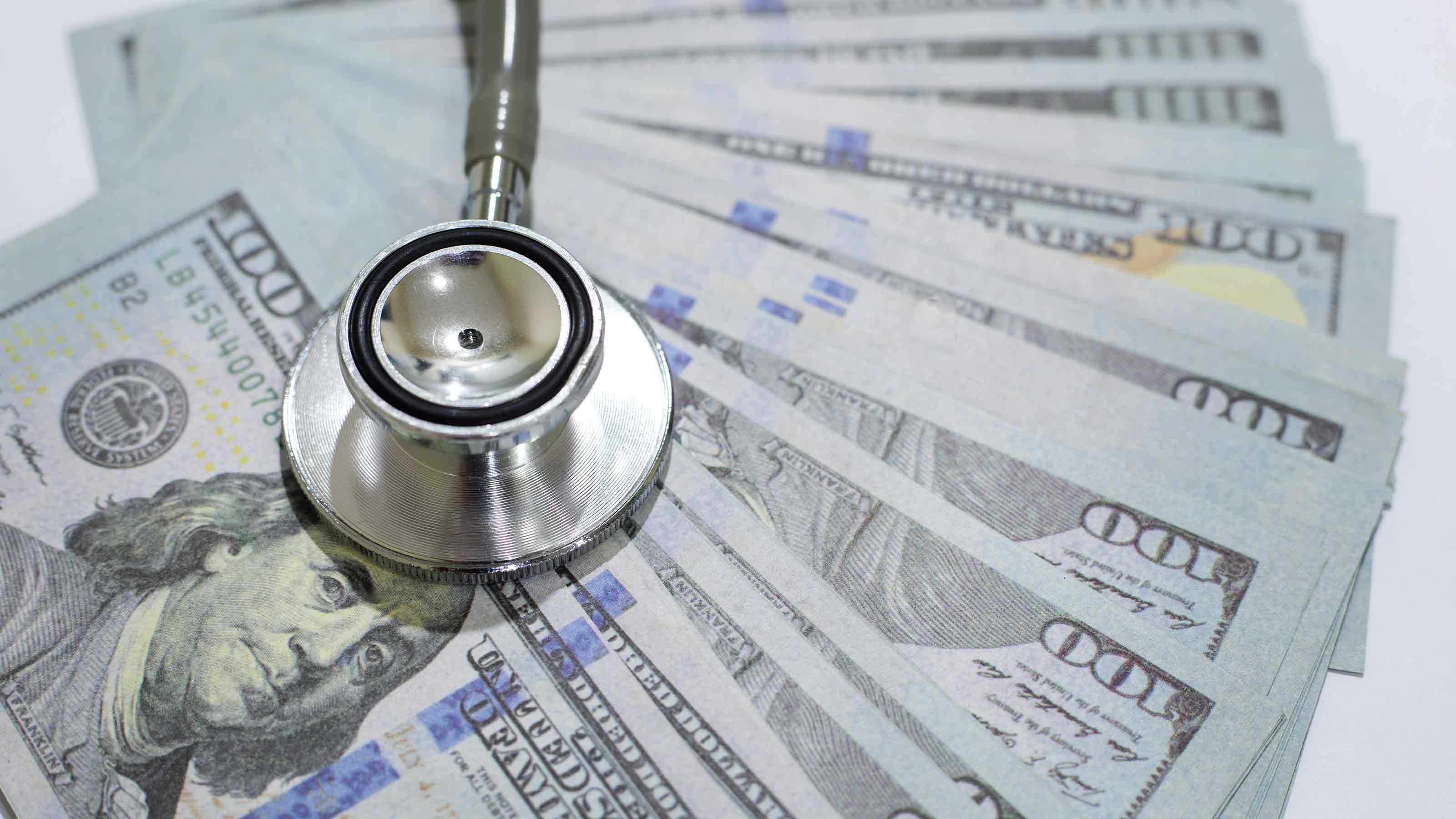New Tax on Windfall Home-Sale Profits
A surtax created by the health-reform law will apply only to high-income individuals who sell their homes after 2012 for a large profit.

Profit and prosper with the best of Kiplinger's advice on investing, taxes, retirement, personal finance and much more. Delivered daily. Enter your email in the box and click Sign Me Up.
You are now subscribed
Your newsletter sign-up was successful
Want to add more newsletters?

Delivered daily
Kiplinger Today
Profit and prosper with the best of Kiplinger's advice on investing, taxes, retirement, personal finance and much more delivered daily. Smart money moves start here.

Sent five days a week
Kiplinger A Step Ahead
Get practical help to make better financial decisions in your everyday life, from spending to savings on top deals.

Delivered daily
Kiplinger Closing Bell
Get today's biggest financial and investing headlines delivered to your inbox every day the U.S. stock market is open.

Sent twice a week
Kiplinger Adviser Intel
Financial pros across the country share best practices and fresh tactics to preserve and grow your wealth.

Delivered weekly
Kiplinger Tax Tips
Trim your federal and state tax bills with practical tax-planning and tax-cutting strategies.

Sent twice a week
Kiplinger Retirement Tips
Your twice-a-week guide to planning and enjoying a financially secure and richly rewarding retirement

Sent bimonthly.
Kiplinger Adviser Angle
Insights for advisers, wealth managers and other financial professionals.

Sent twice a week
Kiplinger Investing Weekly
Your twice-a-week roundup of promising stocks, funds, companies and industries you should consider, ones you should avoid, and why.

Sent weekly for six weeks
Kiplinger Invest for Retirement
Your step-by-step six-part series on how to invest for retirement, from devising a successful strategy to exactly which investments to choose.
I’ve heard that everyone who sells their house will now have to pay a 3.8% tax on the proceeds from the sale because of the new health-care law. Is this true?
No, although it’s possible that an extra tax will fall on a limited amount of home-sale profit realized by some high-income individuals. Here’s the deal:
Starting in 2013, the health-care-reform law adds a 3.8% Medicare surtax to unearned income -- including interest, dividends, capital gains (potentially including profits from the sale of a home), rents and royalties. This tax applies only to people with modified adjusted gross incomes of more than $200,000 if they’re single, or $250,000 if married filing jointly. The surtax applies to investment income or the amount of modified adjusted gross income above $250,000, whichever is less.
From just $107.88 $24.99 for Kiplinger Personal Finance
Become a smarter, better informed investor. Subscribe from just $107.88 $24.99, plus get up to 4 Special Issues

Sign up for Kiplinger’s Free Newsletters
Profit and prosper with the best of expert advice on investing, taxes, retirement, personal finance and more - straight to your e-mail.
Profit and prosper with the best of expert advice - straight to your e-mail.
Another rule will further protect home-sale profits from the tax. When you sell your home, up to $250,000 of the profit is tax-free if you’re single and have owned and lived in the home for at least two of the five years leading up to the sale. The tax-free amount is a cool half-million dollars if you’re married and file a joint return. Any profit that dodges an income-tax bill thanks to this rule avoids the new 3.8% tax, too. So a married couple who bought a home more than two years ago for $300,000 can sell it for up to $800,000 without having to pay taxes on the sale -- no matter how high their income is. (The exclusion does not apply to vacation homes.)
If they were to sell the home for $900,000 in 2013, however, the $100,000 profit above the tax-free amount would be hit by the 15% capital-gains tax and might be subject to the Medicare surtax, too. It would kick in if the couple’s income (including that $100,000 of taxable profit) exceeded $250,000. If the couple had a modified AGI of $260,000, for example, they’d have to pay the 3.8% tax on $10,000. With an income of $500,000, they’d owe the 3.8% tax on the full $100,000.
If your income puts you in the crosshairs for this upcoming tax hike -- and you anticipate a home-sale profit that exceeds the tax-free amount -- selling before 2013 would let you avoid the tax, notes William Massey, senior tax analyst with Thomson Reuters.
For more information, see Your Tax Bill for the Health Bill. For an explanation of which health-insurance benefits will be taxed -- and which will not -- see A Tax on Health Benefits.
Profit and prosper with the best of Kiplinger's advice on investing, taxes, retirement, personal finance and much more. Delivered daily. Enter your email in the box and click Sign Me Up.

As the "Ask Kim" columnist for Kiplinger's Personal Finance, Lankford receives hundreds of personal finance questions from readers every month. She is the author of Rescue Your Financial Life (McGraw-Hill, 2003), The Insurance Maze: How You Can Save Money on Insurance -- and Still Get the Coverage You Need (Kaplan, 2006), Kiplinger's Ask Kim for Money Smart Solutions (Kaplan, 2007) and The Kiplinger/BBB Personal Finance Guide for Military Families. She is frequently featured as a financial expert on television and radio, including NBC's Today Show, CNN, CNBC and National Public Radio.
-
 Dow Leads in Mixed Session on Amgen Earnings: Stock Market Today
Dow Leads in Mixed Session on Amgen Earnings: Stock Market TodayThe rest of Wall Street struggled as Advanced Micro Devices earnings caused a chip-stock sell-off.
-
 How to Watch the 2026 Winter Olympics Without Overpaying
How to Watch the 2026 Winter Olympics Without OverpayingHere’s how to stream the 2026 Winter Olympics live, including low-cost viewing options, Peacock access and ways to catch your favorite athletes and events from anywhere.
-
 Here’s How to Stream the Super Bowl for Less
Here’s How to Stream the Super Bowl for LessWe'll show you the least expensive ways to stream football's biggest event.
-
 End of Expanded Premium Tax Credit Would Drive Uninsured Rates Higher
End of Expanded Premium Tax Credit Would Drive Uninsured Rates HigherTax Credits Millions of people could become uninsured if Congress fails to extend the enhanced premium tax credit.
-
 Over 162,000 Dreamers Cut Off From Affordable Care Act Insurance
Over 162,000 Dreamers Cut Off From Affordable Care Act InsuranceHealth Insurance A federal court in North Dakota has blocked ACA coverage for DACA recipients in 19 states. Here's what it means.
-
 2025 Open Enrollment: Some DACA Recipients Can Purchase Affordable Care Act Health Insurance
2025 Open Enrollment: Some DACA Recipients Can Purchase Affordable Care Act Health InsuranceOpen Enrollment Your eligibility to purchase health insurance from the federal marketplace may have changed. Here's what you need to know.
-
 Inflation Reduction Act Boosts Obamacare Tax Credit
Inflation Reduction Act Boosts Obamacare Tax CreditTax Breaks Enhancements to the premium tax credit are extended for three more years under the Inflation Reduction Act.
-
 It’s Not Too Late to Boost Retirement Savings for 2018
It’s Not Too Late to Boost Retirement Savings for 2018retirement Some retirement accounts will accept contributions for 2018 up until the April tax deadline.
-
 How to Correct a Mistake on Your RMDs from IRAs
How to Correct a Mistake on Your RMDs from IRAsretirement If you didn't take out the correct required minimum distribution because your brokerage firm made a mistake, the IRS may show some leniency.
-
 Ways to Spend Your Flexible Spending Account Money by March 15 Deadline
Ways to Spend Your Flexible Spending Account Money by March 15 Deadlinespending Many workers will be hitting the drugstore in the next few days to use up leftover flexible spending account money from 2018 so they don’t lose it.
-
 Making the Most of a Health Savings Account Once You Turn Age 65
Making the Most of a Health Savings Account Once You Turn Age 65Making Your Money Last You’ll face a stiff penalty and taxes if you tap your health savings account for non-medical expenses before the age of 65. After that, the rules change.